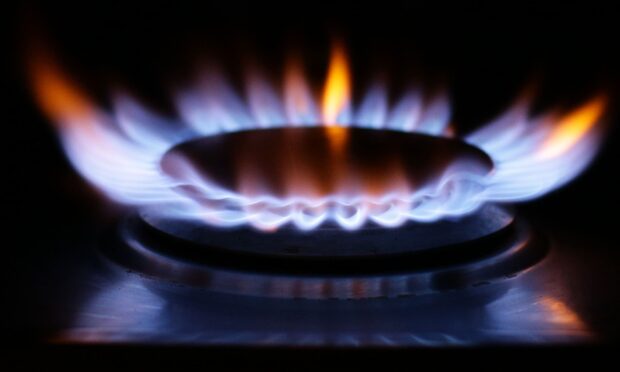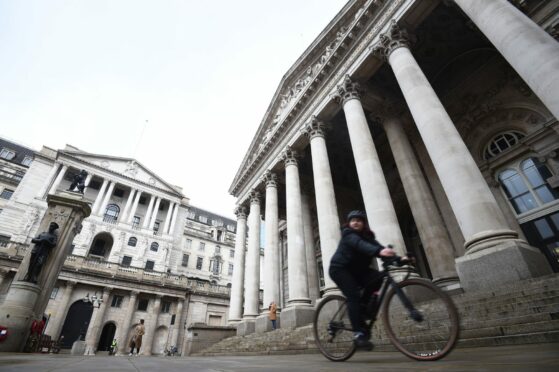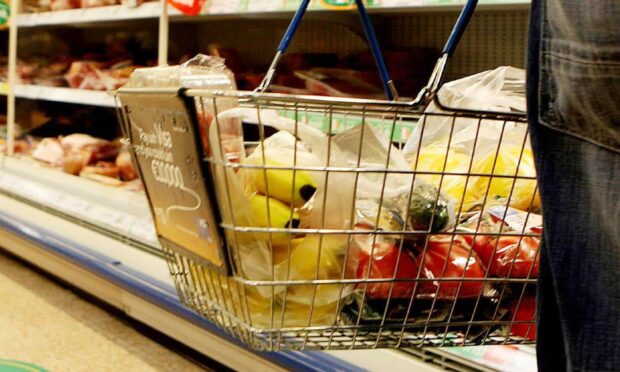New data has confirmed that inflation is on a “significant upward trajectory” as household energy costs and VAT taxes rose.
The rate of the Consumer Price Index inflation increased to 4.2% in October from 3.1% in September, the Office for National Statistics has said.
Suren Thiru, head of economics at the British Chambers of Commerce (BCC), said: “The latest data confirms that inflation is on a significant upward trajectory.
“October’s upturn was largely driven by rising household energy costs following the increase in Ofgem’s energy price cap, rising fuel prices and the partial reversal of the VAT reductions for hospitality and tourism which drove up restaurant and hotel prices.”
The surge now raises pressure on the Bank of England which will take a decision on whether or not to raise interest rates to try to stem inflation in December. BCC predicts that rising cost of imports will add to the mix, causing inflation to rise 5% in 2022 – far higher than the Bank of England’s 2% target.
Mr Thiru added: “A substantial winter surge in inflation remains probable with the rising cost of imported raw materials and higher energy prices likely to lift inflation to around 5% next year.”
However he urged for caution in order to protect the economy’s fragile recovery. He expects the drivers of rising costs to ease.
“Inflation should trend back towards target over the medium term as supply chains adjust post-pandemic and demand weakens as fiscal policy tightens and economic conditions moderate,” he said.
“The Bank of England are facing a tricky trade-off between surging inflation and a stalling recovery.
“However, with the UK economy facing mounting headwinds, raising interest rates too early should be resisted to avoid damaging business and consumer confidence.”
Worried
However, Kitty Ussher, chief economist at the Institute of Directors (IoD), sounded a more hawkish note.
She said businesses are increasingly concerned about the damaging effects to the economy if inflation persists and urged the Bank to take action next month.
She said: “While some of this increase is due to a higher household energy price cap and the phased ending of the hospitality VAT cut, these measures in themselves do not account for all of the rise in prices observed between September and October.
“At this point in time firms are far more worried about underlying inflation than the rising cost of debt.
“With interest rates at historic lows, we’re calling on the Bank of England to show it means business and get inflation expectations back in line with their mandate.”


